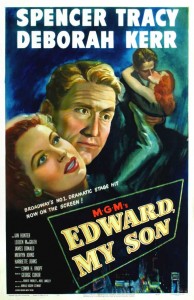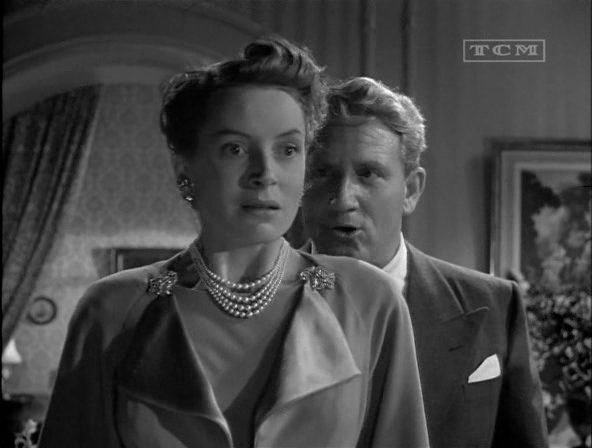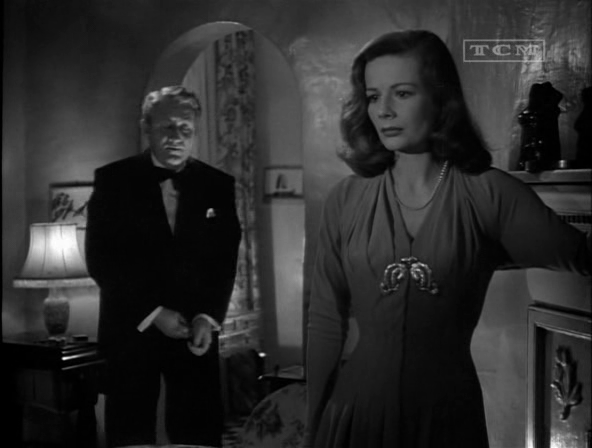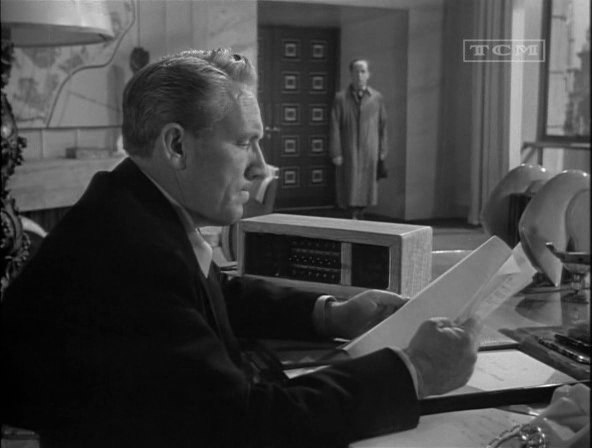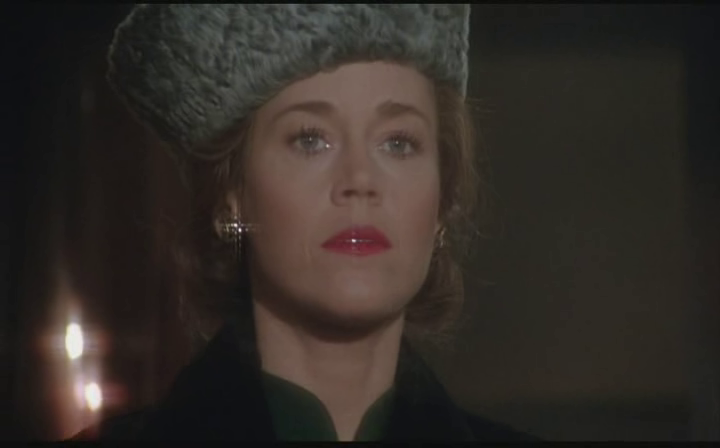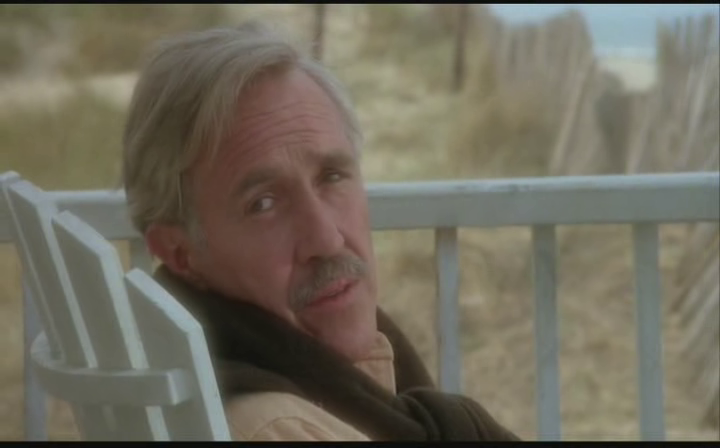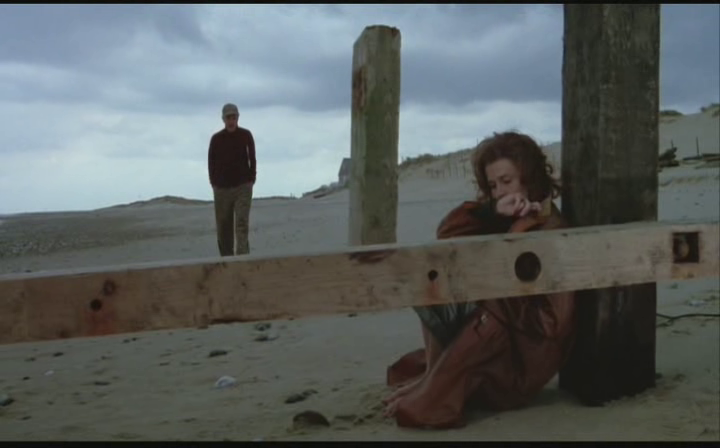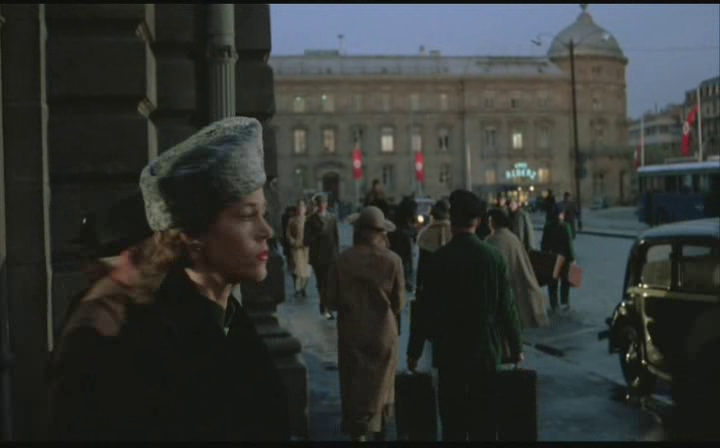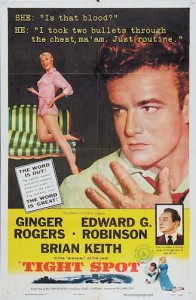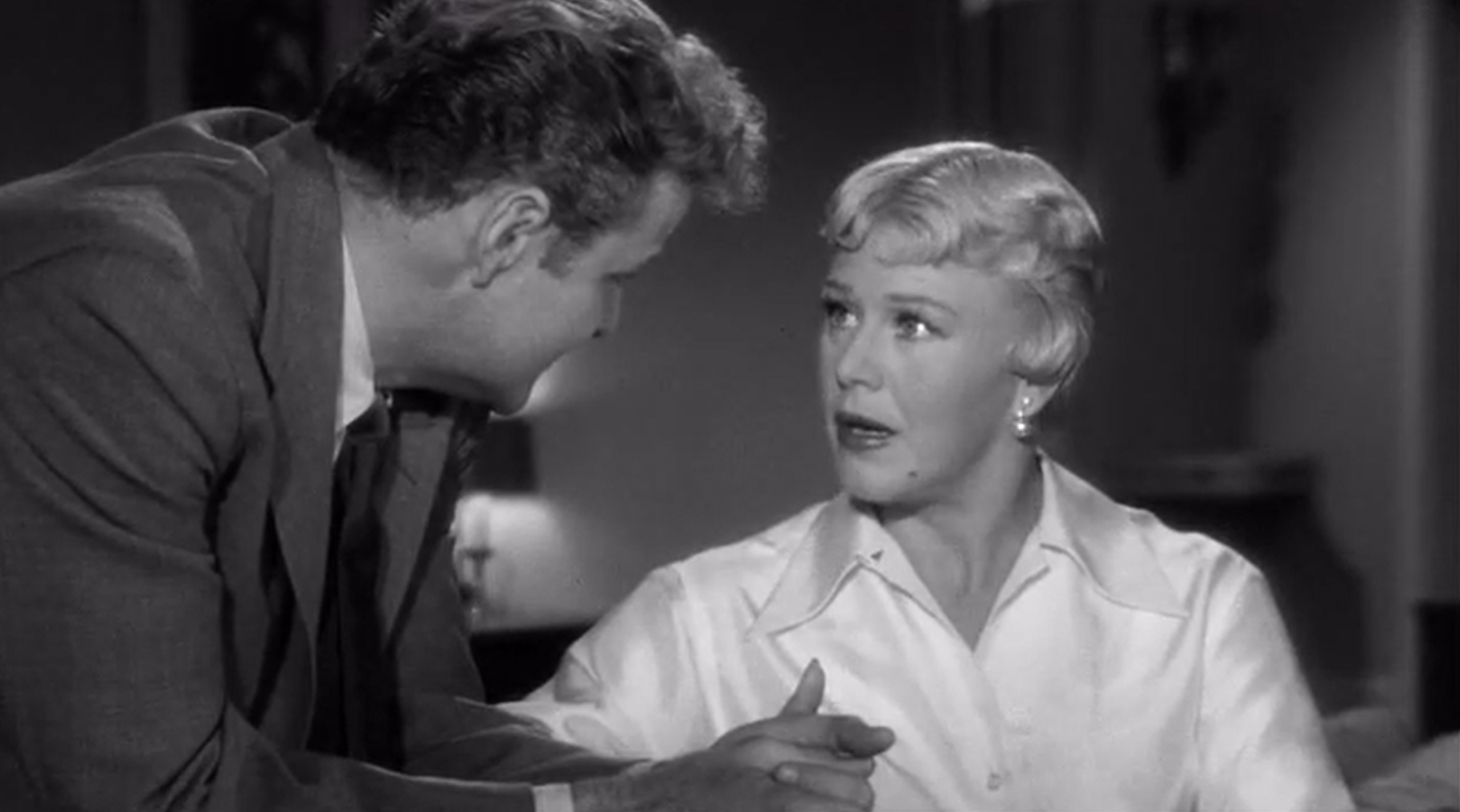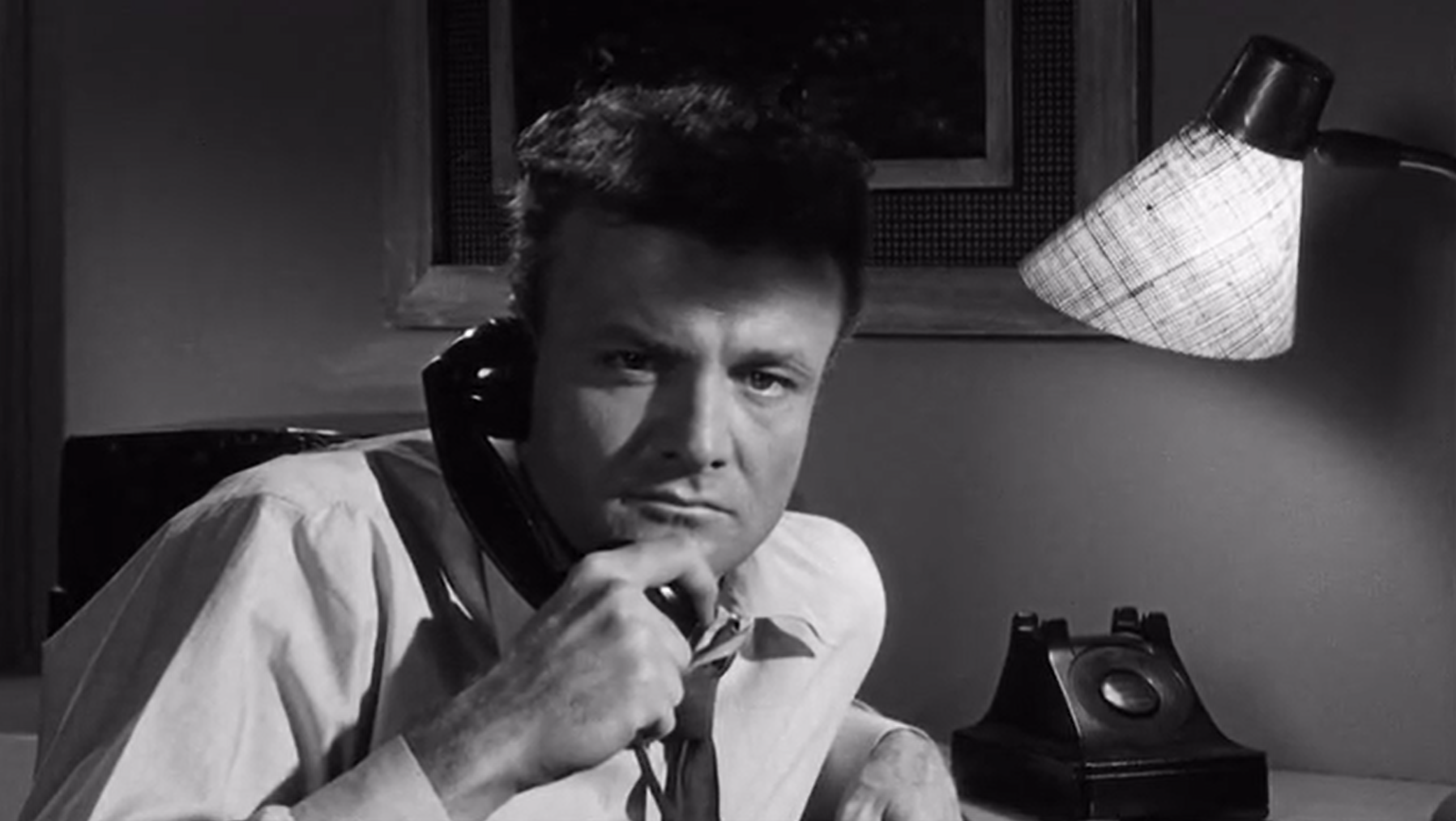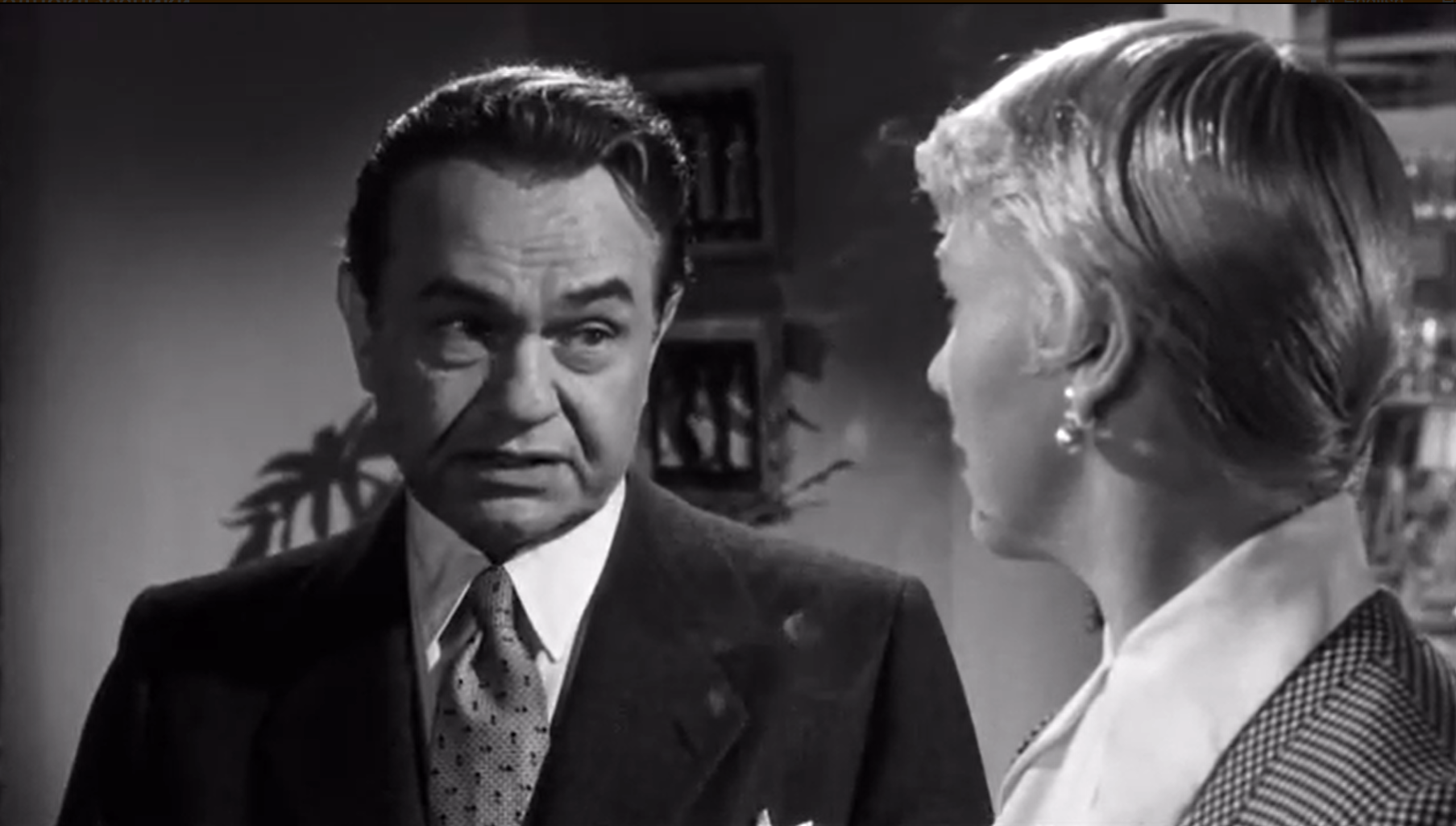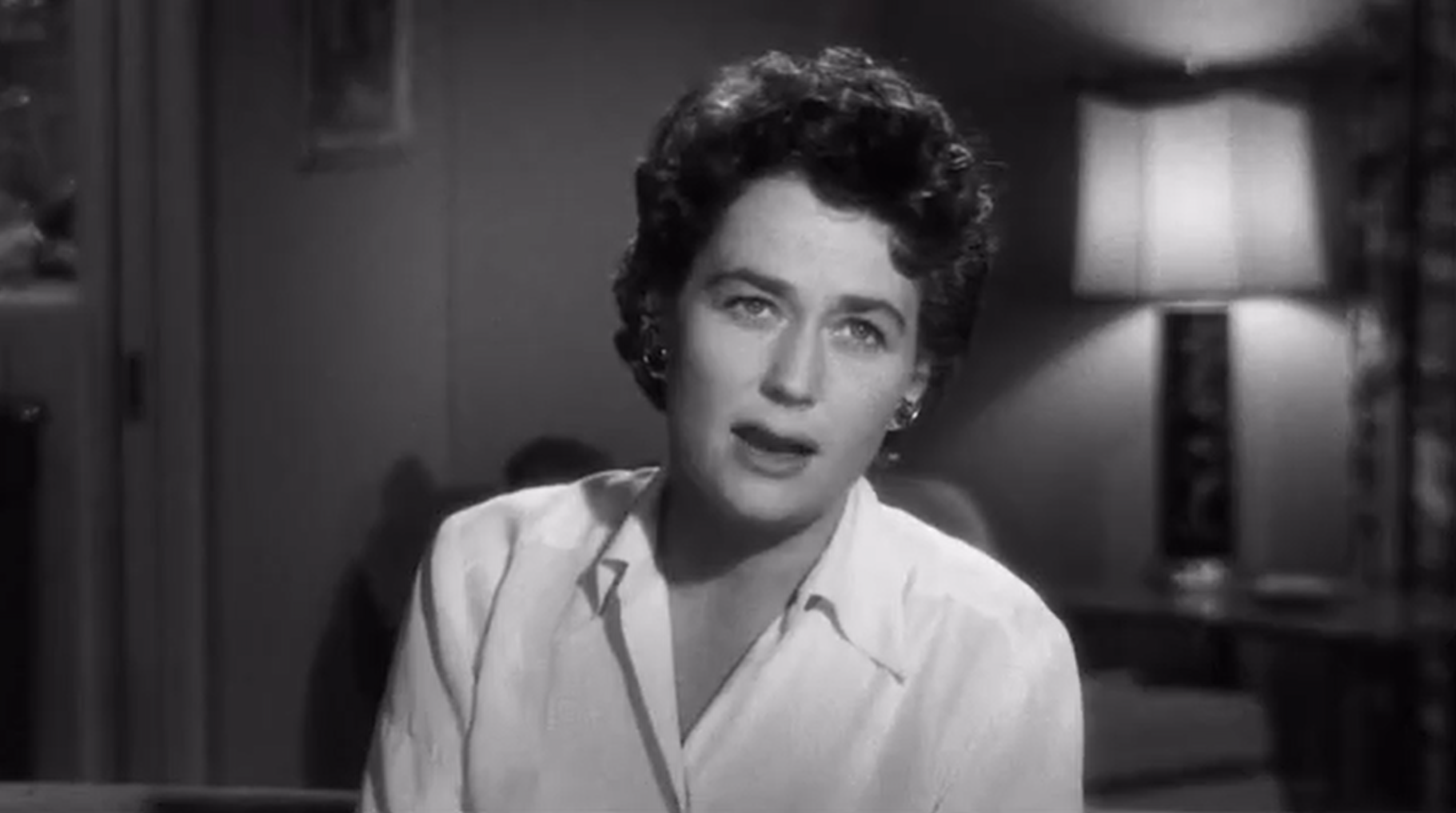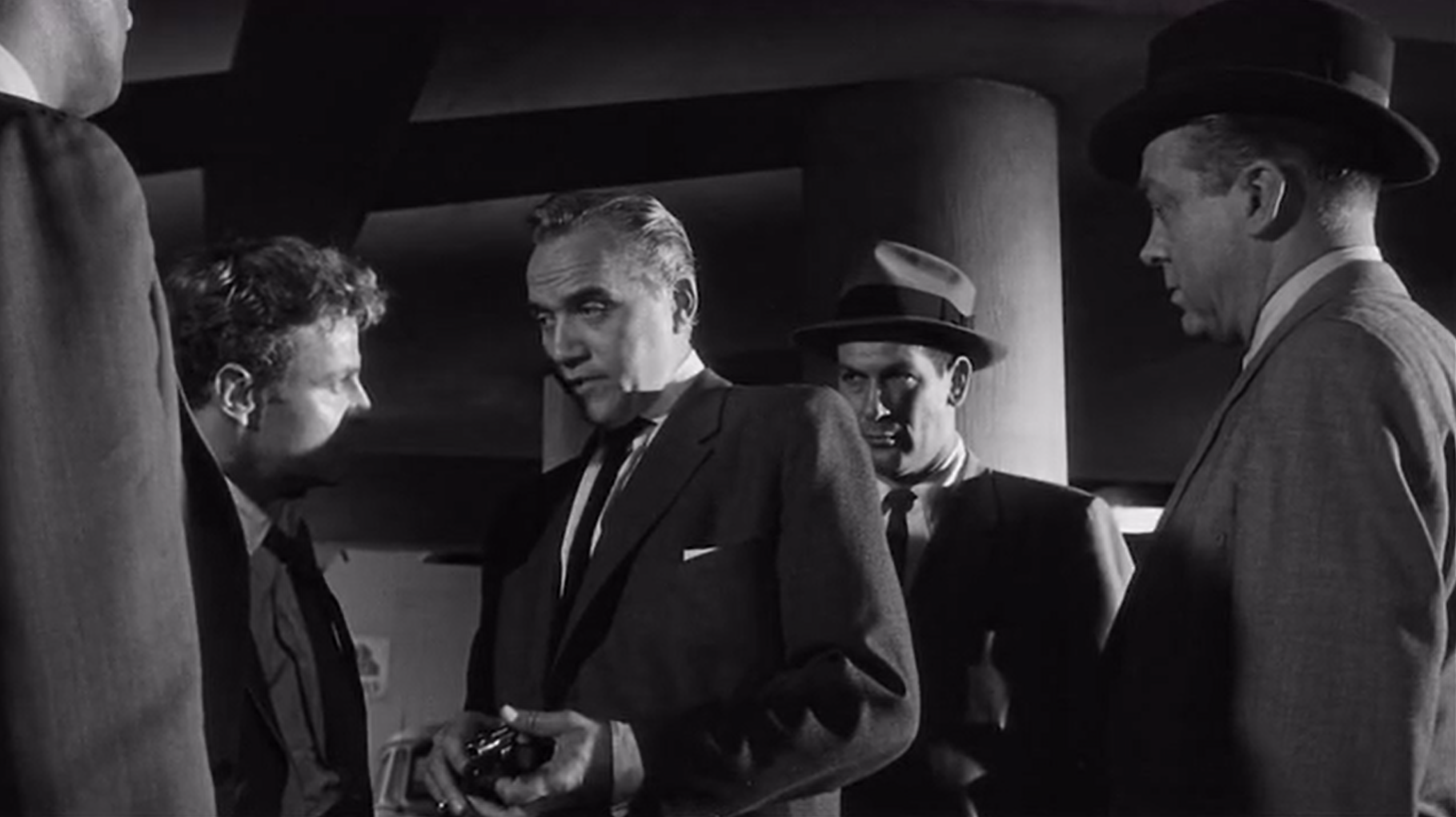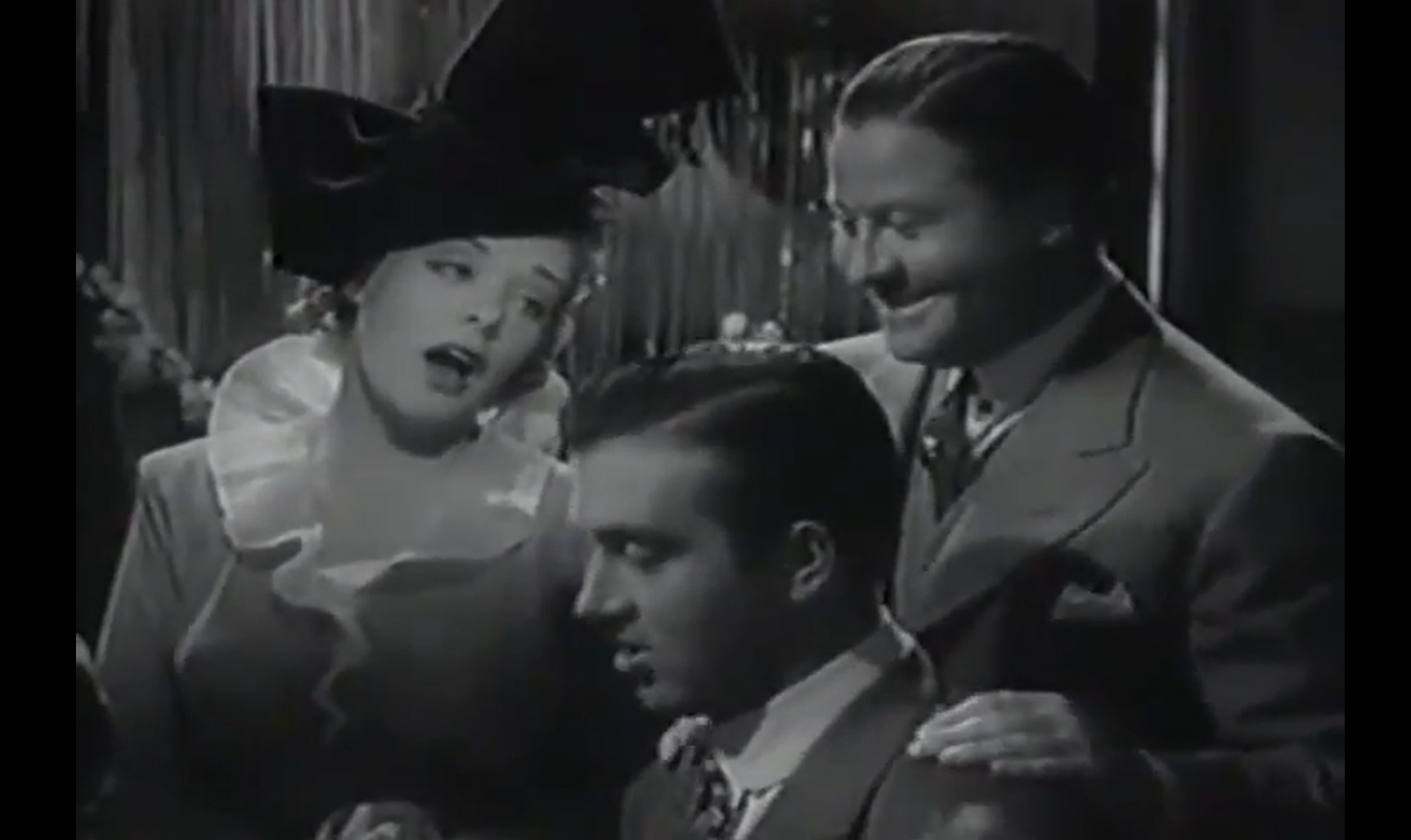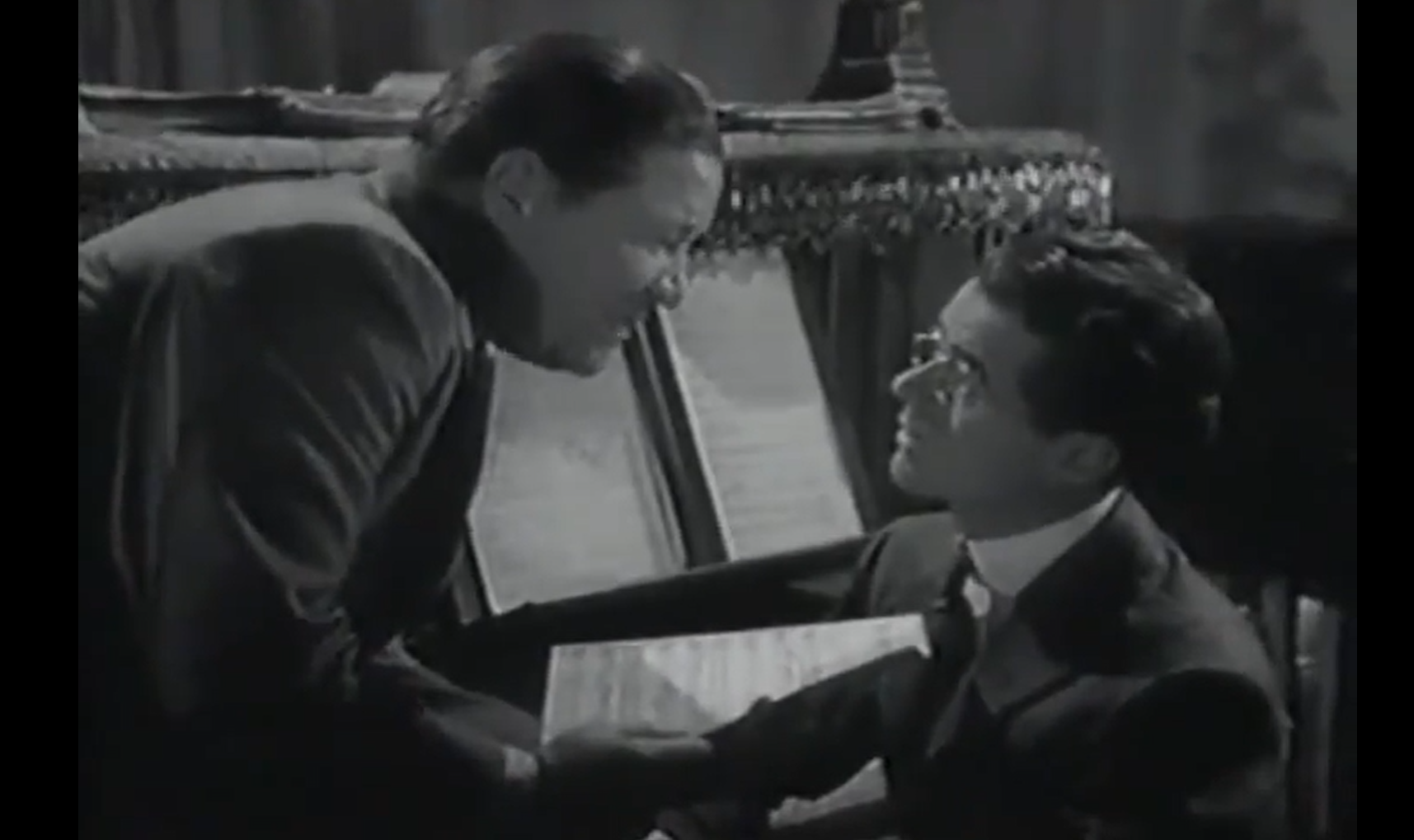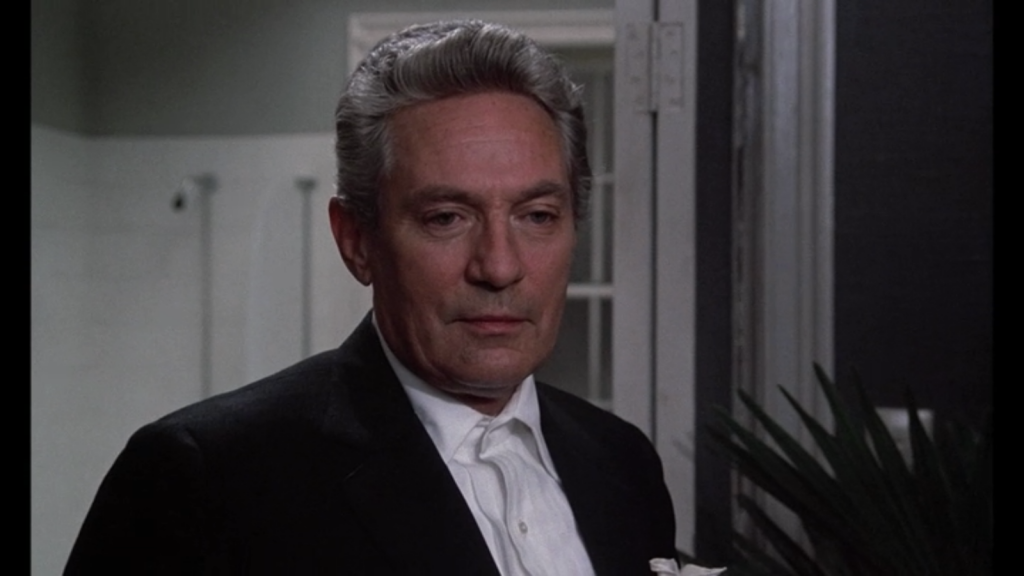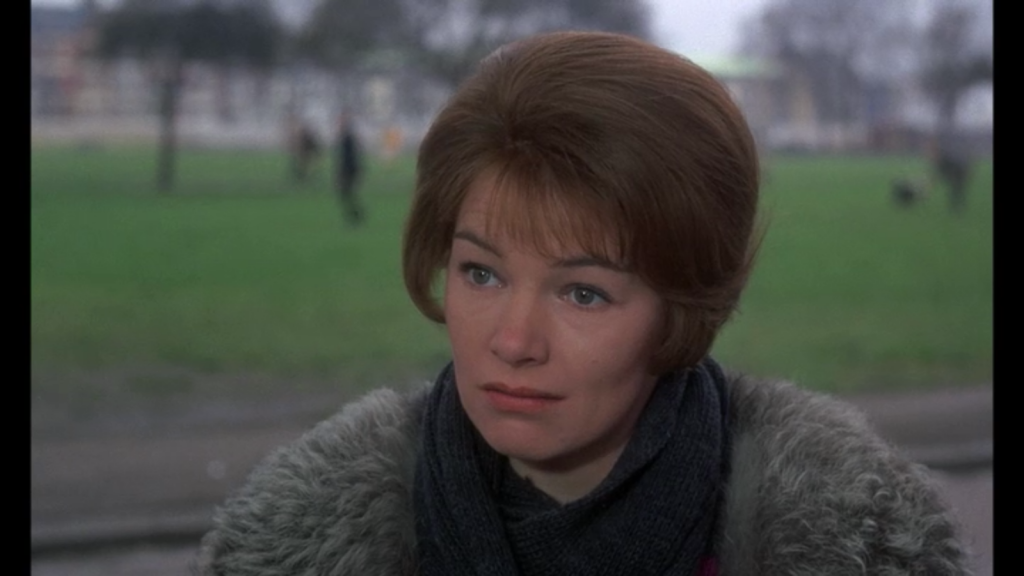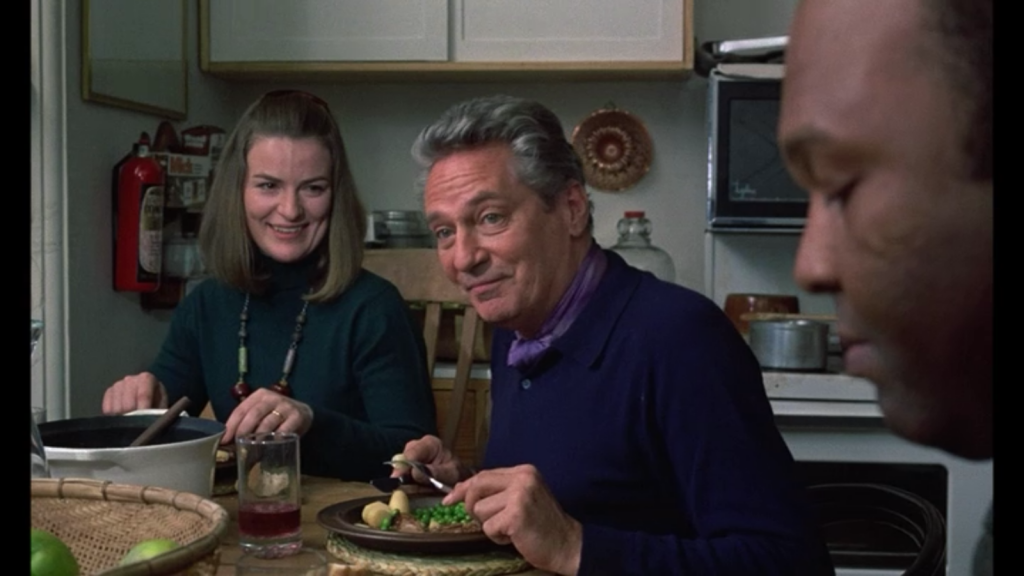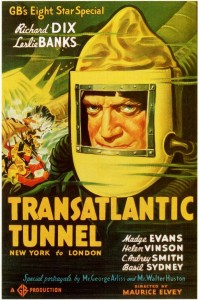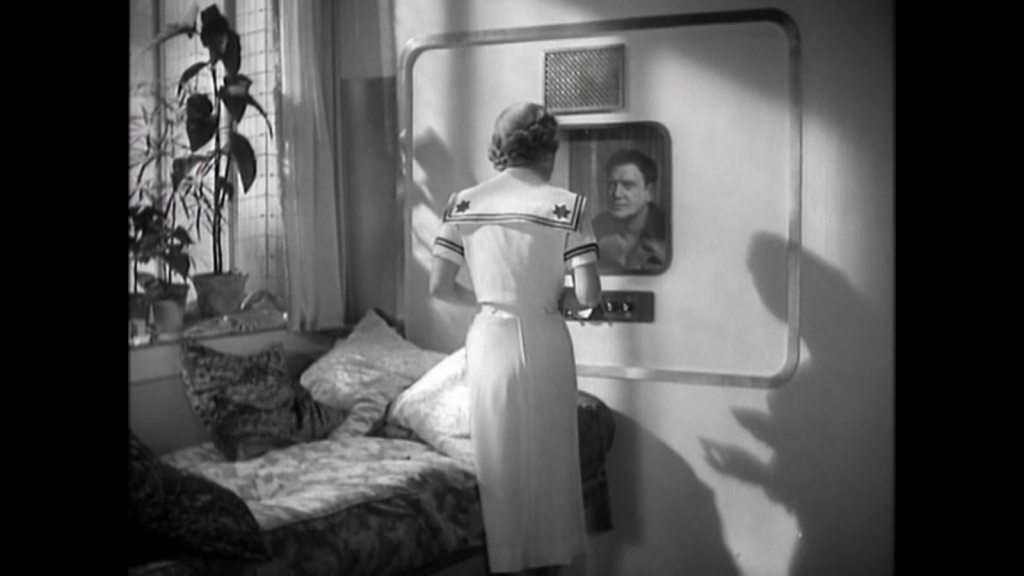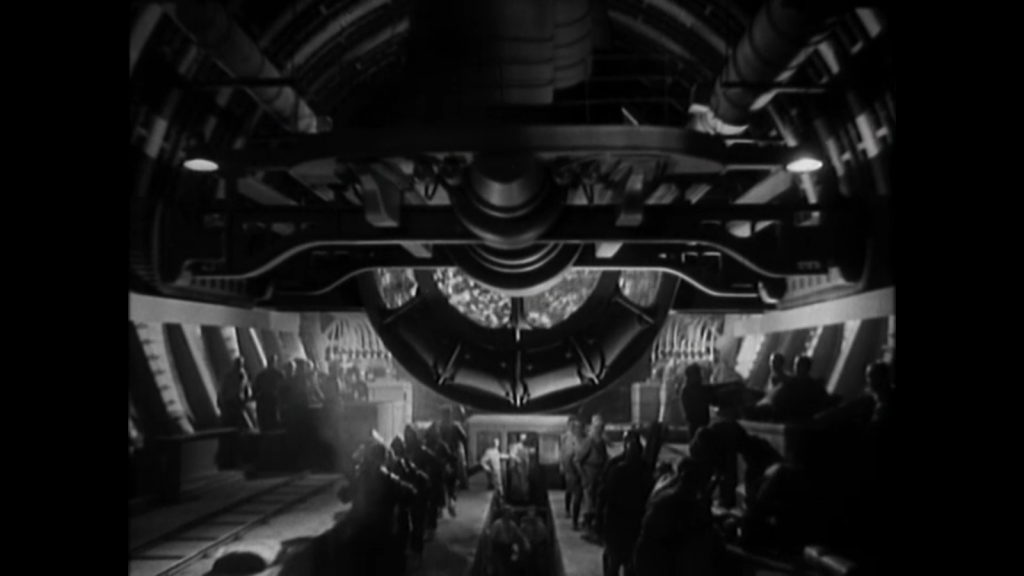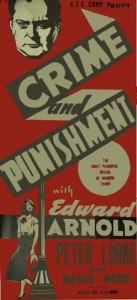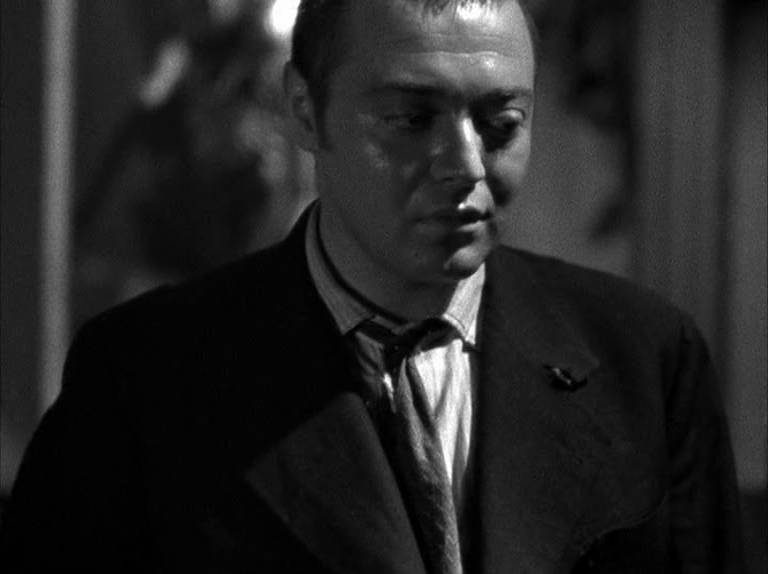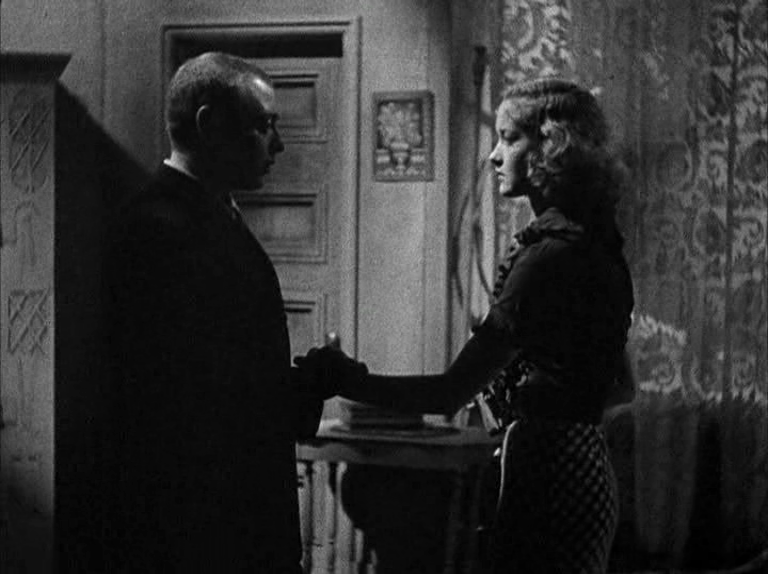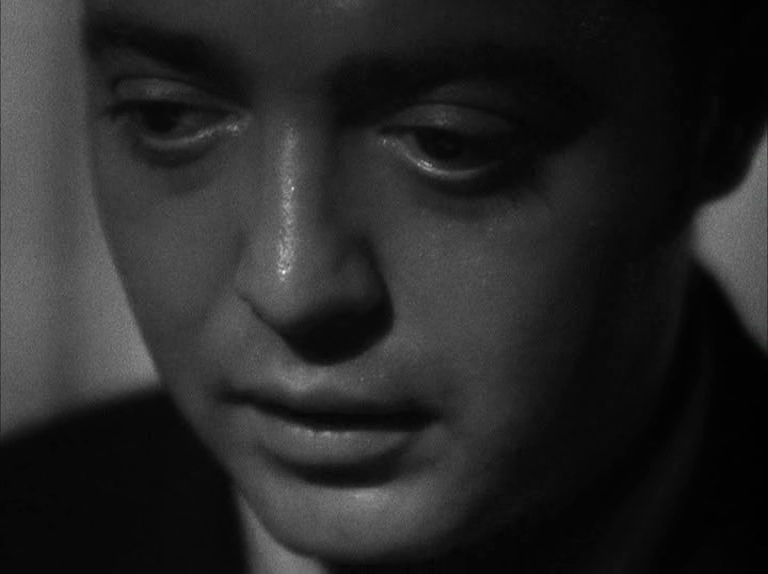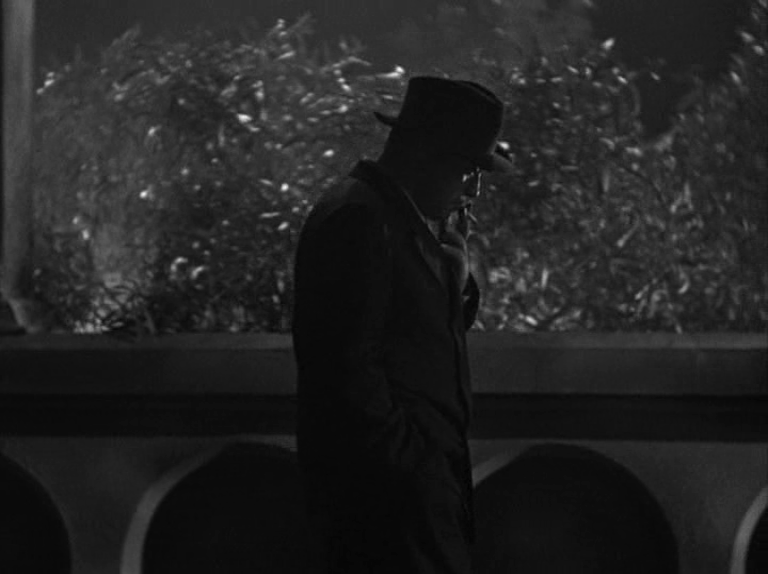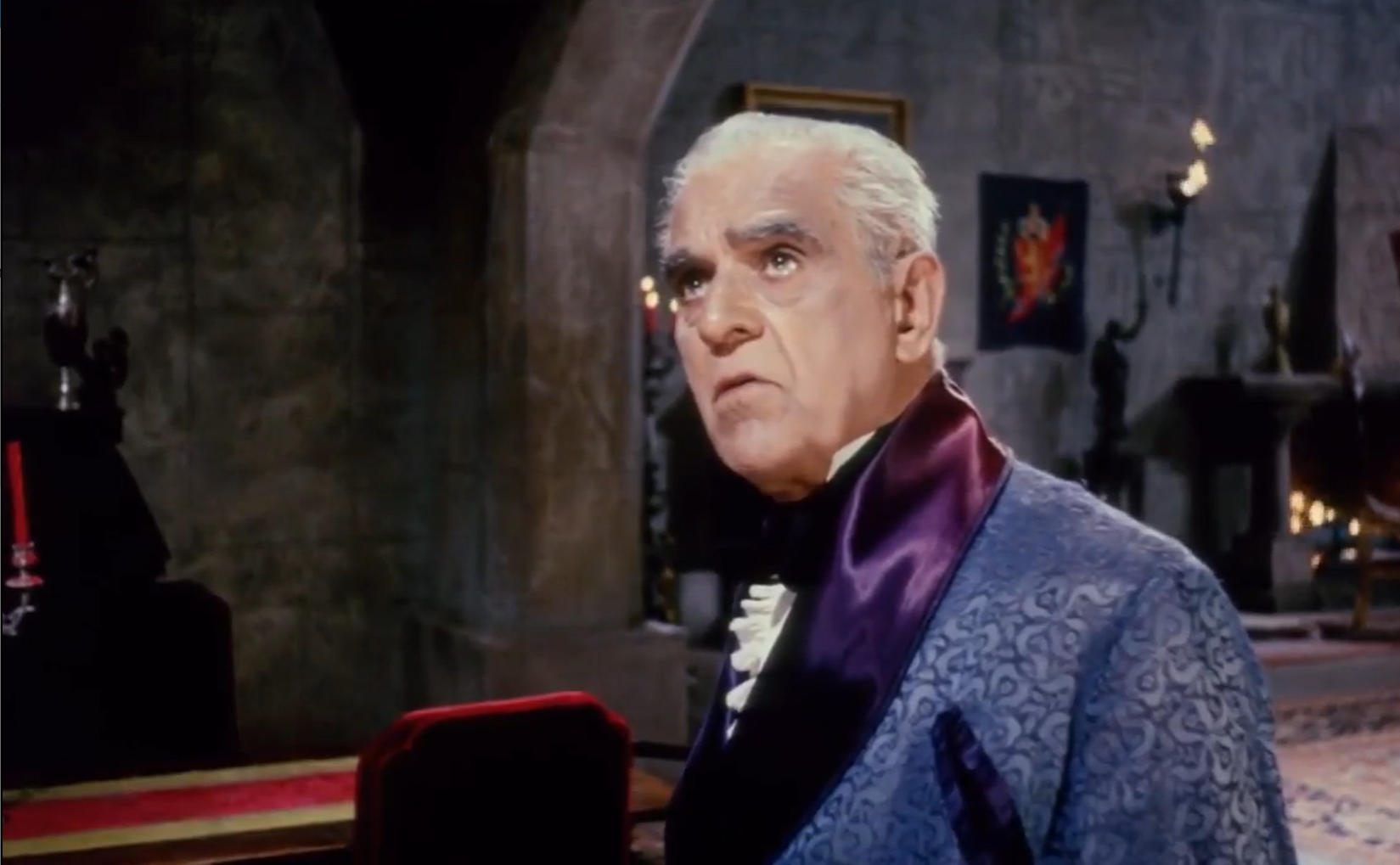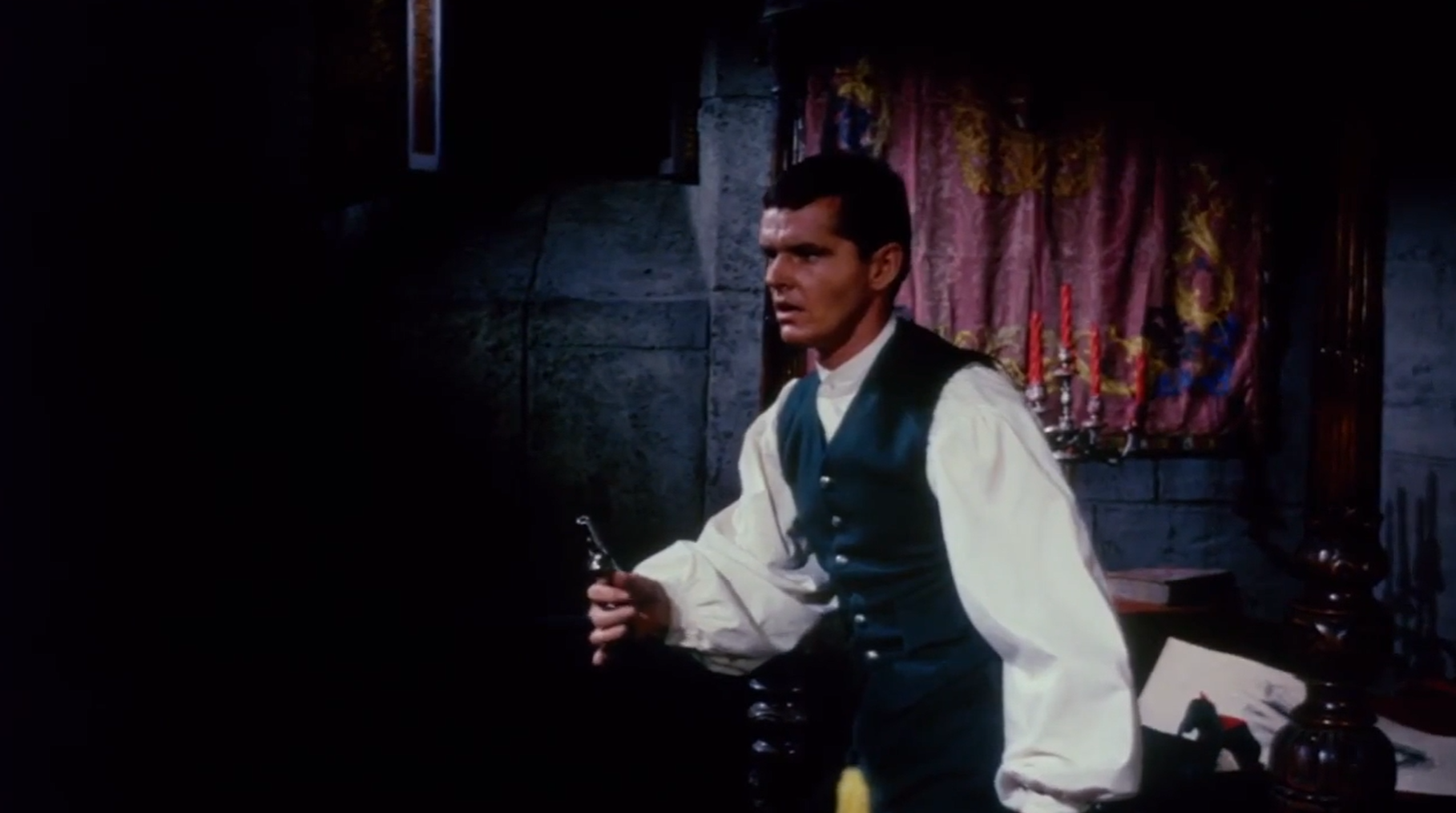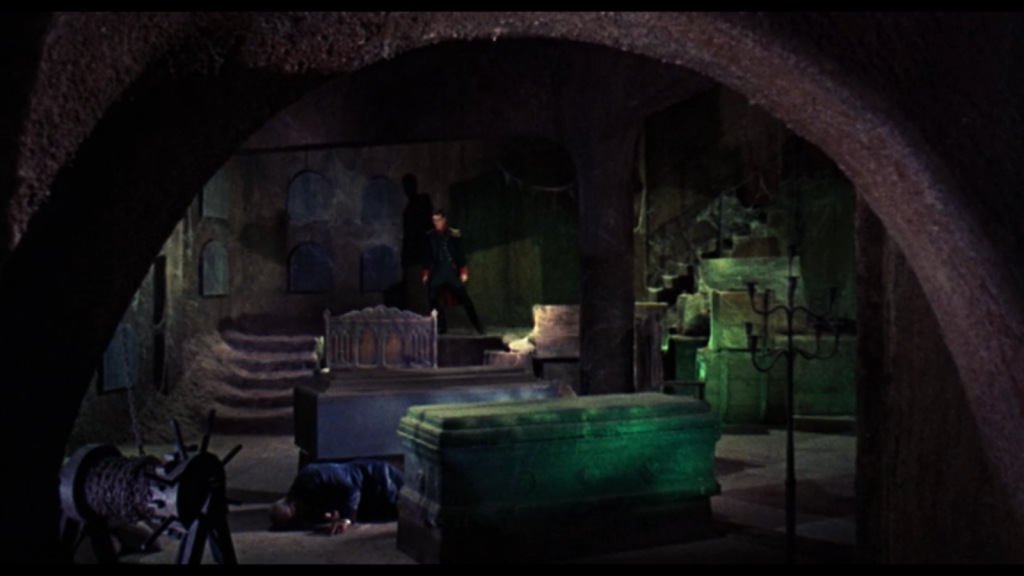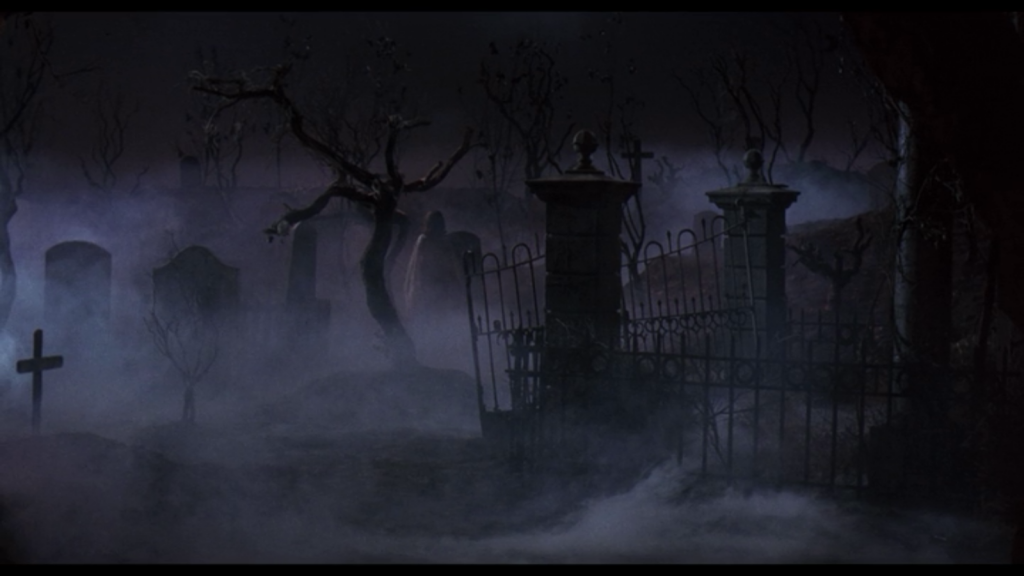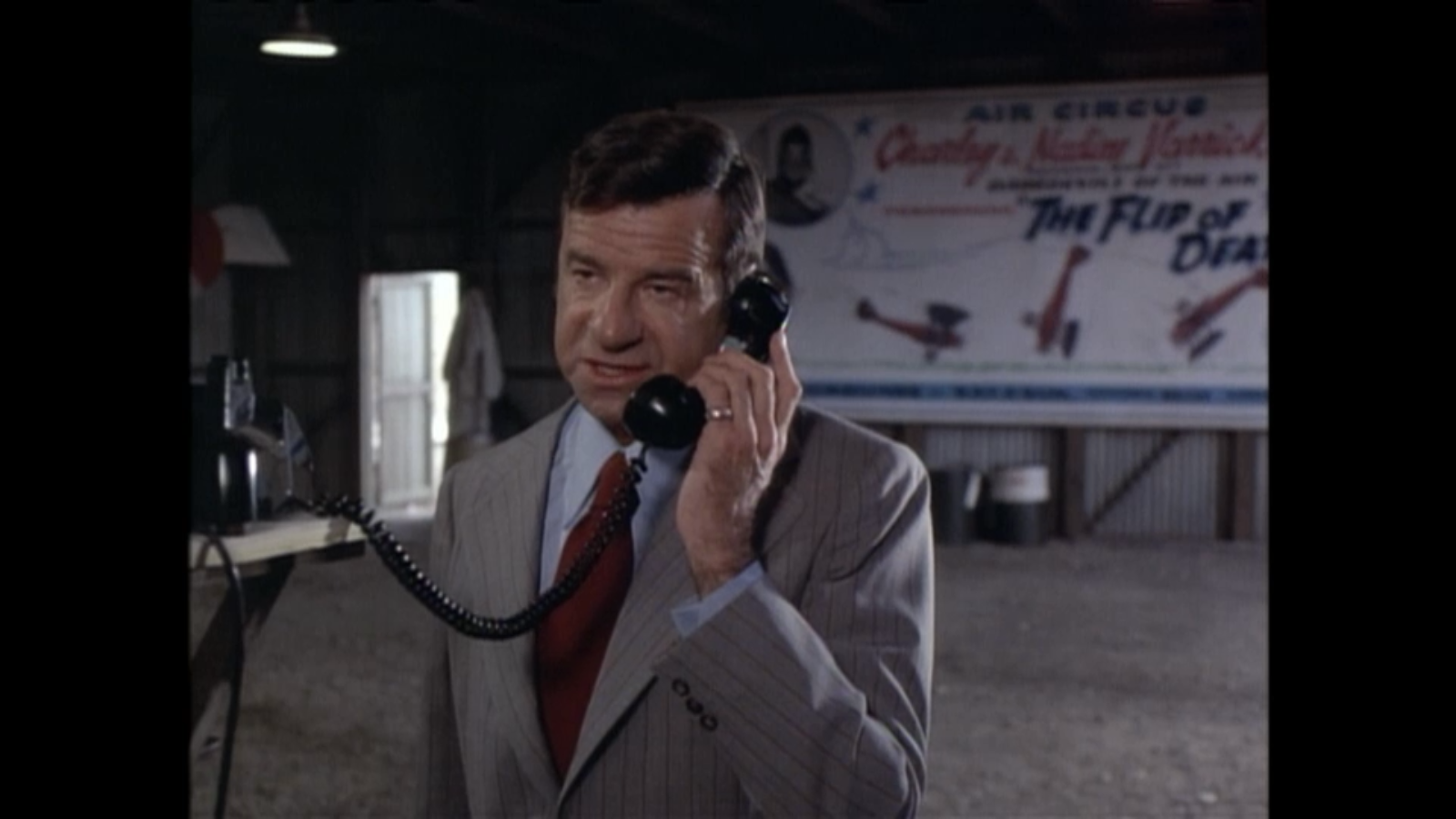|
Genres, Themes, Actors, and Directors:
- Coming of Age
- Dutch Films
- Motorcyclists
- Social Climbers
Response to Peary’s Review:
Peary argues that there are “many admirable things” about this “cult film by Paul Verhoeven”, which follows “three young male friends… as they go through crises with girls, fathers, ambitions, self-identities, and their own masculinity” — including “the authentic atmosphere and working-class people; the uncensored treatment of sex; … [and] Soutendijk’s fascinating, sympathetic ‘bad’ girl”. However, he points out that “much seems to be missing” from the film as well, noting that the “film is like a drastically shortened adaptation of a long book, in that no storyline seems complete”, and that “because it only skims the surface of the individual stories, the characters all come across as hackneyed or unrealistic, despite the fine acting”.
I don’t quite agree with Peary’s assessment of the characters, who seem entirely realistic to me. My primary problem with the film is that none of the leads are particularly likable. Indeed, for the first twenty minutes or so, all we see are these punkish kids at their worst, as they once again give motorcyclists a bad name on film by (just for instance) cruelly taunting a gay pedestrian. Eventually, we do come to feel some interest in Soutendijk’s character, who’s an interesting variation on a working class femme fatale; and, later in the film, van Tongeren’s plight generates some authentic pathos. However, the film as a whole plays far too much like a tawdry soap opera (those orange peels!) to be truly insightful or compelling on anything other than a “what will happen next?” level of curiosity. Ultimately, Spetters will be of most interest to those who somehow tap into its cult appeal, and/or those interested in seeing the trajectory of Verhoeven’s pre-Hollywood oeuvre.
Note: Be forewarned that the “most controversial scene” in the film, involving a gang-rape of one of the protagonists, is indeed disturbing, not just in its presentation but in its immediate implications. Also note that spoilers abound when reading about the plot online, so avoid reading anything about it if you want your viewing experience to remain “pure”.
Redeeming Qualities and Moments:
- Hans van Tongeren as Rien

- Renee Soutendijk as Fientje

Must See?
No, though it may be of interest to film fanatics simply for its cult status.
Links:
|
